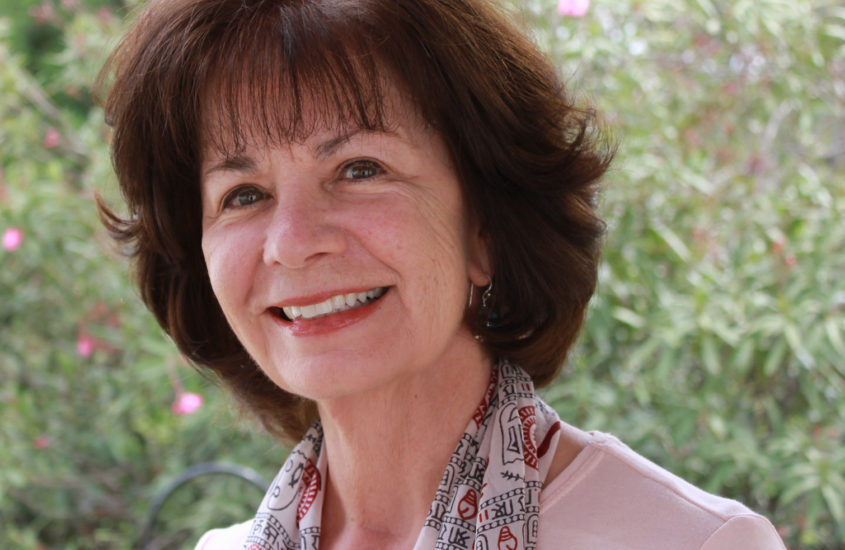Exploring Loneliness and Fear, May 14, 2022
The Only Revolution: Exploring Loneliness and Fear
With Cynthia Overweg
May 14, 2022
Zoom online
This presentation was Part 3 in a series of 4 comprising a collection labelled “The Only Revolution” after the title of one of J. Krishnamurti’s books. Cynthia opened the session by connecting the universal issues of fear and loneliness with the current world situation, including the Covid pandemic, the war in Ukraine, and climate change. Covid, for example, with its isolating effect, is forcing us to look at ourselves in a way that is unusually demanding, and war asks us to look into the sources of division and violence. We are particularly interested in the psychological aspects of these human behaviours. Fourteen people were in attendance.
Bringing in Krishnamurti’s teachings as she usually does, Cynthia shared his statement that “fear is what makes us accept our conditioning.” We are perhaps too afraid to challenge our conditioning and its sources in fear and loneliness. K says that “to find the truth, we must stand alone, and that is arduous.”
The discussion took the direction of contrasting loneliness and aloneness, expressions of “what should be” and what actually is. Fear is created by thought; can we look at it when it appears? We are unconsciously aware that we are empty, nothing, and the “me” is just a construct of thought. Emptiness must be understood if we are to go beyond it. We must look at our psychological dependence and be with the feeling of emptiness without any condemnation or effort to get away from it. The sense of “not being” may be the cause of all fear. K said that the mind cannot separate itself from emptiness because the mind itself is that emptiness. Loneliness is the very essence of the self, the “me”. Can it be seen without naming it? Can the mind go beyond it? Only then is there absolute freedom. We must understand the whole process of our own thinking, and out of that understanding comes love.
After about an hour of presentation, with some periods of silent meditation, watching the breath, and listening to music, the group turned to more interactive sharing and exploration. Appreciation was expressed for the hard work of stripping away our masks in order to see what is underneath. It was noted that the witnessing of the “me” in relationship with others is very challenging but can be seen against a background of silence, in nature for example. It was noted that Krishnamurti himself never let up from the urgency of looking at ourselves. How, we might ask, can this discussion be bigger in the world and how does it affect the whole of life?
It was another meaningful exploration under Cynthia’s skillful guidance.
DB



